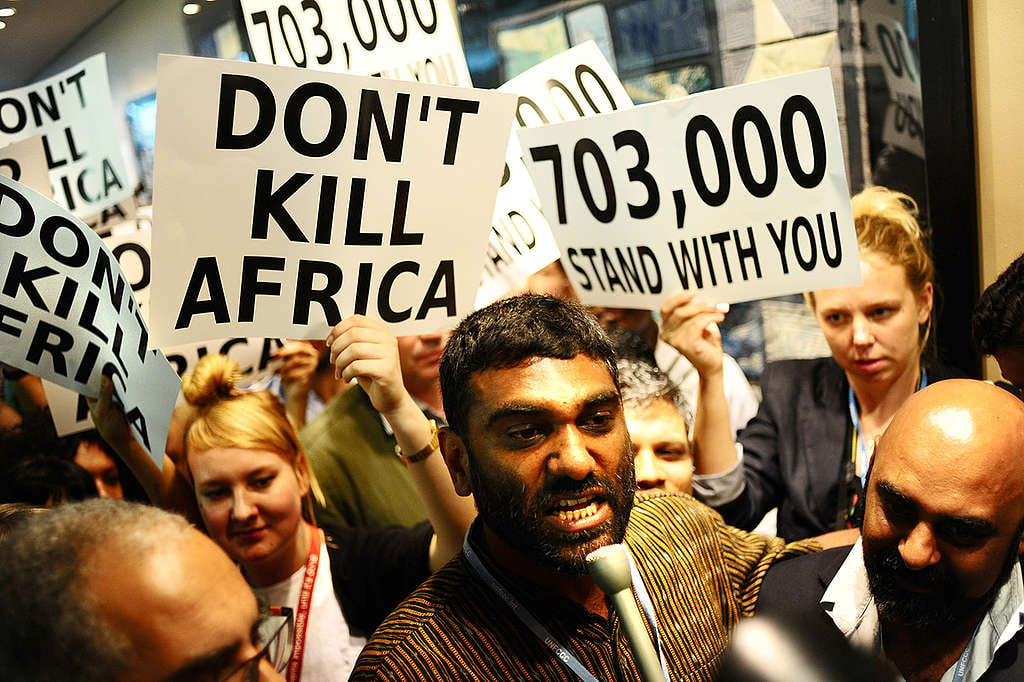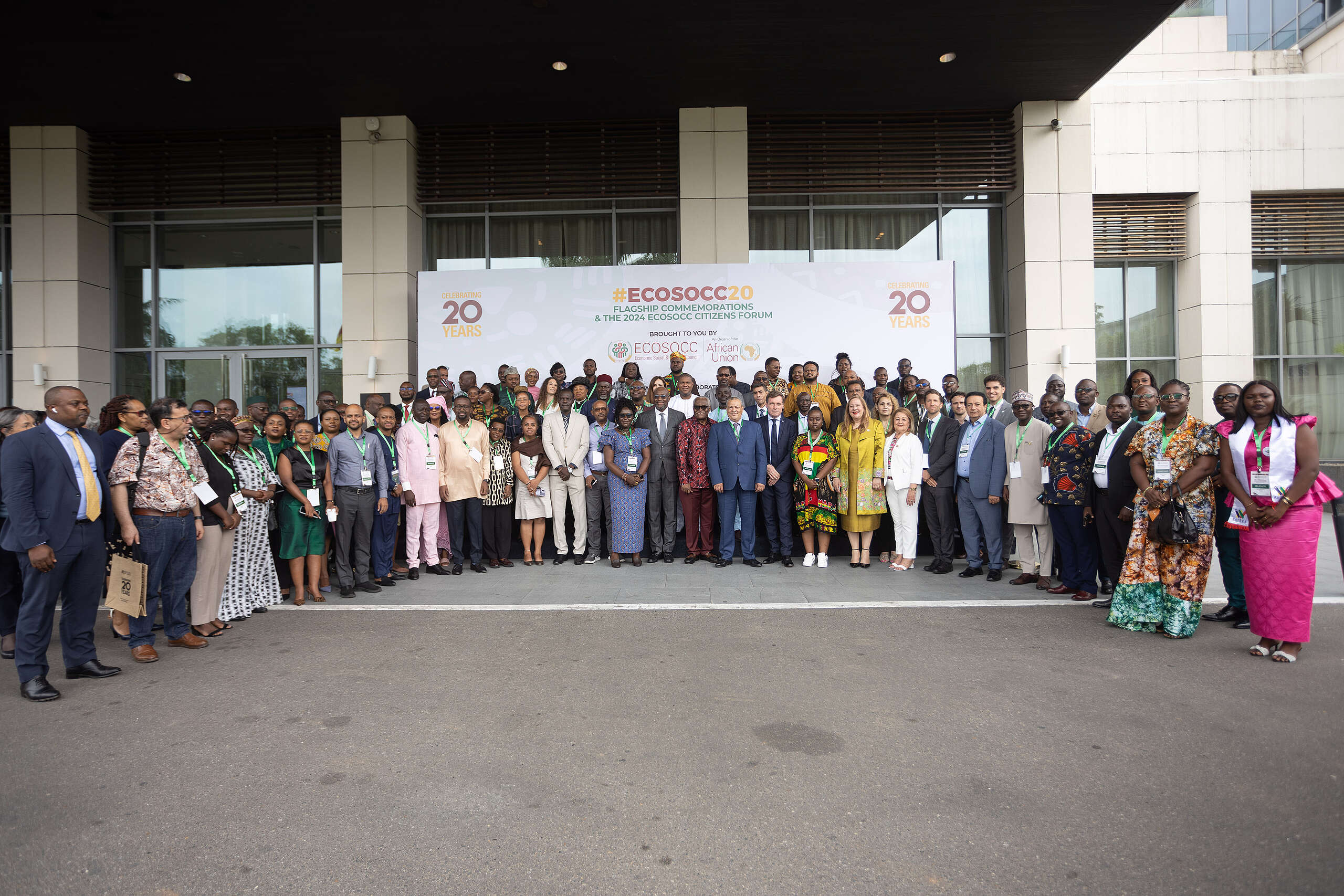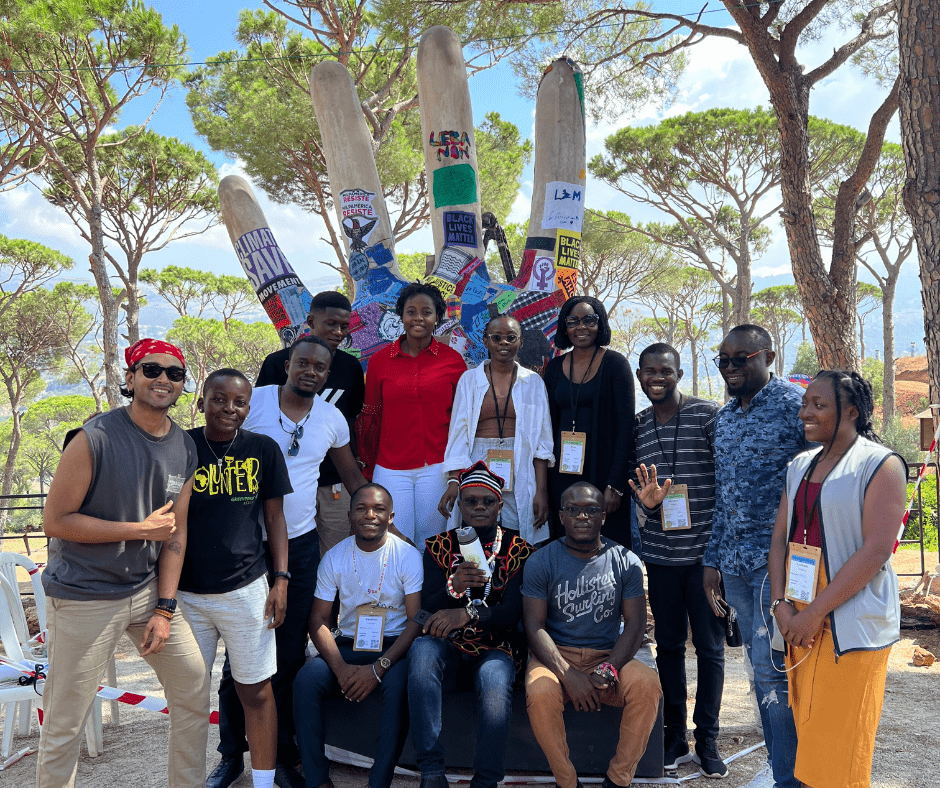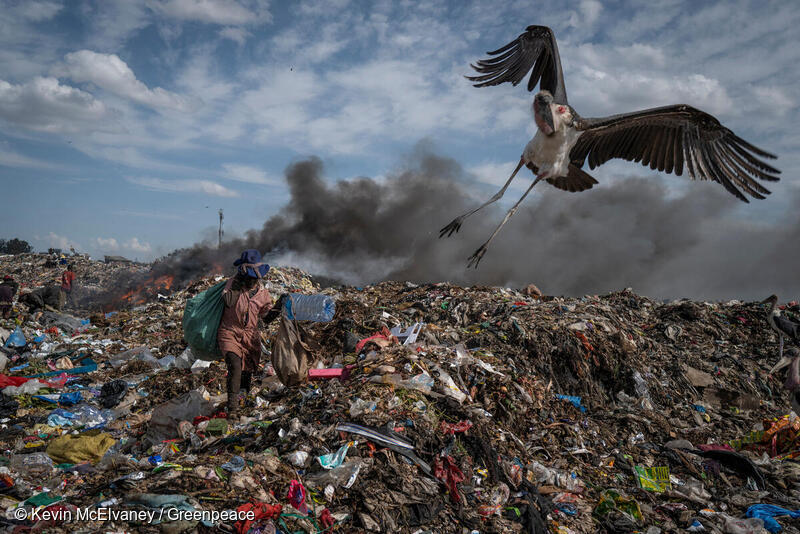The chronic under-resourcing of infrastructure in Johannesburg has long plagued residents of this once world-class African city. One of the ways in which this has chiefly impacted residents is energy access. As winter rears its ugly head, once again, residents of Johannesburg are forced to contend not only with load shedding imposed by Eskom but also with the frequent and often-unexplained power outages imposed by City Power.
City Power’s quarterly report said that there had been 1,407 power cuts between 1 January to 28 May 2021, excluding load-shedding. The utility has attributed these power cuts to degradation in infrastructure aggravated by load-shedding, causing power surges, an issue the City of Tshwane presumably shares. Even during periods when load shedding has been suspended, City Power struggles to keep the lights on, much to the frustration of customers who often turn to social media to voice their concerns.
Greenpeace Africa monitored communications with regards to City Power outages over the period of two independent weeks during February and March 2021. The analysis depicted below drew from over 240 city power tweets over a period of 7 days between 16 and 21 March 2021. The communications put out by City Power on their official social media accounts – and also the myriad of communications from residents serviced by City Power – often portrayed a grimmer experience of these power outages. While the city power reports adequately reflect the frequency of power outages, they fail to capture the severity of the crisis. The duration of these outages are often repetitive, for prolonged periods of time, and have devastating impacts on businesses and households that are confined to the home during this global pandemic. For some, the lack of access to electricity is far more than an annoyance; it makes working from home extremely gruelling, it makes hygienically preparing a bottle for your infant child impossible and it makes taking care of your elderly or disabled relatives exceedingly challenging.
Many residents have reported financial losses from the cost of spoiled groceries or damaged appliances. What is even more frustrating is the often dismissive and nonchalant response obtained from city power officials. The response time is slow and the poor communications streams at the utility means that there is a great disconnect between the information provided by the City Power’s communication team and the contracted technicians.
On numerous occasions City Power has reported that power had been restored to a particular area while the communications by residents seemed to suggest otherwise. Residents are forced to endure upwards of 30 hours without access to electricity. The severity of the energy crisis became apparent when Greenpeace Africa’s analysis revealed the areas most impacted; Mulberton experienced the longest period of downtime during one week, experiencing 91 hours without electricity, approximately 54% of the week. Other chronically affected areas Northriding, Alexandra and Tshepisong, experienced power outages for 36%, 18% and 14% of the week, respectively. As much as electricity is a consumer service like any other, it is however a human rights concern and should be subject to scrutiny by an industry regulator. Consumers have a right to receive services free of defects and of good quality. South Africans need an authority that will uphold the Electricity Regulation Act (No. 4 of 2006) and the Consumer Rights Protection Act (No. 68 of 2008) to protect consumers who are essentially held ransom by City Power.
The article “The City of Gold Plunges its residents into darkness”, published in Daily Maverick, captured the scale of the energy crisis in Johannesburg. City Power CEO Mongezi Ntsokolo attributed a majority of the outages to ageing infrastructure and cable theft. In the past, City Power has cited pests and natural disasters as causes, though they will seldom blame their failure to maintain infrastructure. It has become more apparent to the residents of Johannesburg that the severity of the energy crisis at City Power is much more dire than it has been presented. These energy access concerns should be top of mind as Johannesburg Mayor Geoff Makhubo has expressed interest in the constrained utility to assume the role of power supplier to the broader Johannesburg area. The erratic energy supply has disrupted our lives and livelihoods amid reports of planned tariff increases of nearly 15%, driving many residents further into the abyss of energy poverty. City Power’s mandate as stated on their website reads:
”To provide a reliable supply of energy to the City of Johannesburg. This is done through the strategic use of a mix of technologies and energy sources, whilst maintaining the sustainability of the business.”
It is fair to say that City Power has failed in fulfilling its mandate and therefore the following recommendations can provide reprieve when implemented:
- City Power conducts an independent investigation into the state of the transmission system, the condition of its 251 power transformers, 68 substations and publicly disclose their findings.
- City Power put in place an improved strategy for communicating times, updates and causes of outages swiftly and accurately.
- Mayor Geoff Makhubo and the Executive Council embark on upgrading the ageing energy infrastructure.
- Public protector, as stated with her mandate, investigates City Power to ensure it delivers services in an accountable, fair and responsive way.




